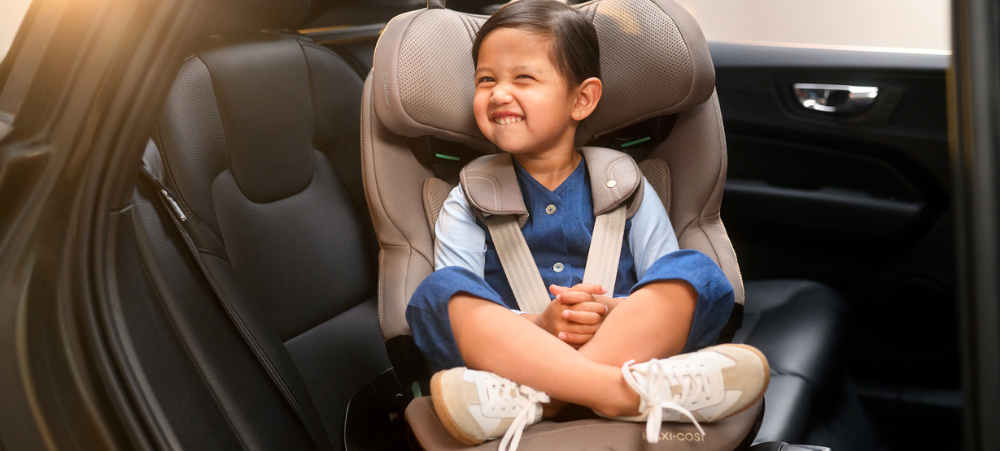A commonly used phrase these days is: “Play is the work of children”. Some people may wonder how play can be classed as work when the two terms have totally different connotations. However, when it comes to children, play is the way that they learn and without play, their learning is compromised. Thus, just in the same way that we need to work, and study, and be mentored and develop greater proficiency in our roles at work, so too do children need to play to develop greater competency in life.
The longer they engage in one play activity or theme, the more they develop the ability to concentrate for longer periods, and this is in fact a large reason why many children find it difficult to concentrate – they never have the opportunity to lose themselves in one thing – they often flit from one task to another or engage in passive tasks like watching TV.
When they encounter challenges in their play, they have the chance to work through their frustrations and they have the opportunity to problem solve.
When they set up and structure their own games and environment, they learn to plan and organise.
When they invite someone else to play with them, they learn to communicate, take turns and compromise.
When they concoct complicated stories, they develop their vocabulary and imagination, and will become better essay-writers when they are older.
When they are able to act out difficult situations that have happened in real life, they are able to work through the feelings that they experienced in the situation.
Not only does play improve their social and emotional skills, it can also improve their future scholastic performance. If their games involve climbing, swinging, swimming, rolling and jumping, their core muscle strength will improve, which will improve their endurance for sitting and working at a table. The more endurance and stability they have, the better their focus, and the better their fine motor skills.
If they play with things like play-dough, sand, pegs, tongs and finger paint, it can help develop their fine motor skills. This in turn sets up a foundation for legible and efficient writing later.
If they build puzzles and play with Lego and blocks, their spatial skills will develop, which will help with reading at a later stage.
Play builds the foundational skills for academic learning, and this foundation allows children to feel skilled and competent, which leads to confidence when entering a formal learning environment. As we all know, a house with an unsteady and poorly-built foundation is not nearly as stable as one with a solidly-built foundation and this is just as true for our children. If they are not equipped for the expectations they are faced with as they get older, their self-esteem suffers, and many children nowadays suffer from anxiety.
- Kangaroo care and its benefits - September 27, 2024
- Budgeting with children - September 25, 2024
- Top ways to balance work and parenting - September 19, 2024





